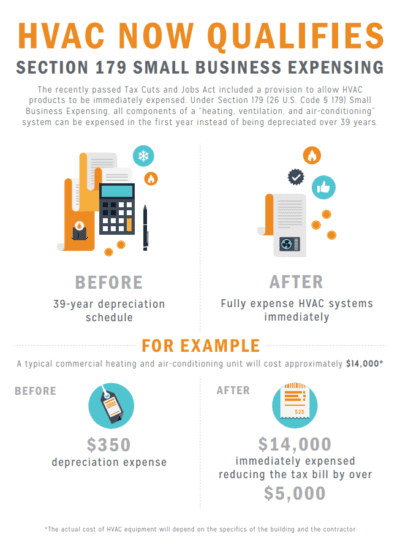When it comes to your heatpump, weather plays a vital role in its performance. From freezing temperatures to sweltering heat, each component can affect how efficiently your system runs. But what can you do to combat these weather-related difficulties and ensure your heatpump is working at its best? Remain tuned to uncover functional suggestions and strategies to enhance your heatpump's efficiency, despite the weather conditions it encounters.
Climate Factors Impacting Heat Pump Efficiency
Climate elements have a considerable influence on the effectiveness of heat pumps. One essential factor is temperature. Heatpump function by moving warm from outdoors to inside throughout winter season and vice versa in summer. As mouse click the next site , it becomes harder for the heatpump to extract heat from the outdoors air, reducing its efficiency.
Another crucial element is moisture. High moisture levels can make it more tough for the heat pump to release warmth throughout the cooling procedure.
In addition, wind speed contributes. Solid winds can dissipate the warm absorbed or released by the heatpump, impacting its general performance.
Tips for Optimizing Heatpump Efficiency
To improve the efficiency and longevity of your heatpump, carrying out a few vital techniques can make a substantial difference in its efficiency.
Firstly, make sure regular upkeep by cleaning or changing filters every 1-3 months to prevent air flow blockages and make best use of air flow. Furthermore, timetable annual specialist examinations to identify and attend to any type of prospective concerns beforehand.
Optimal thermostat setups additionally play a vital role. Throughout the wintertime, go for a temperature level setting that's as low as comfy, and throughout the summer season, established it as high as comfortable to lower the work on your heat pump. Using https://time.com/4408512/air-conditioning-mistakes/ can aid you immediately readjust setups based on your routine.
Additionally, sealing leaks in ductwork and insulating air ducts in unconditioned spaces can stop power loss and boost general system effectiveness.
Lastly, consider setting up a smart thermostat that can discover your practices and adjust settings appropriately, additional enhancing your heat pump's performance. By following these suggestions, you can ensure your heatpump operates successfully and efficiently throughout the year.
Best Practices for Weatherproofing Your Heat Pump
For ideal efficiency and effectiveness of your heatpump, executing weatherproofing procedures is essential. Begin by sealing any type of spaces or splits around doors, windows, and ductwork to stop warmth loss and keep a regular interior temperature level.
Insulate revealed pipelines and air ducts to prevent freezing throughout winter and make sure proper air flow. Take into consideration mounting a protective cover over the outside system to protect it from severe weather aspects like snow, ice, and debris.
Consistently tidy the outdoor system to remove dust, leaves, and debris that can block air movement and lower effectiveness. Furthermore, maintain the location around the heat pump free from snow, ice, and vegetation to enable appropriate air flow.
Conclusion
Since you understand exactly how weather condition affects your heat pump efficiency, you can take positive actions to optimize its efficiency. By complying with the ideas described in this article, such as normal upkeep, thermostat changes, and weatherproofing actions, you can ensure that your heat pump runs at its best despite the weather conditions. Remain ahead of the game and maintain your home comfortable all the time.
